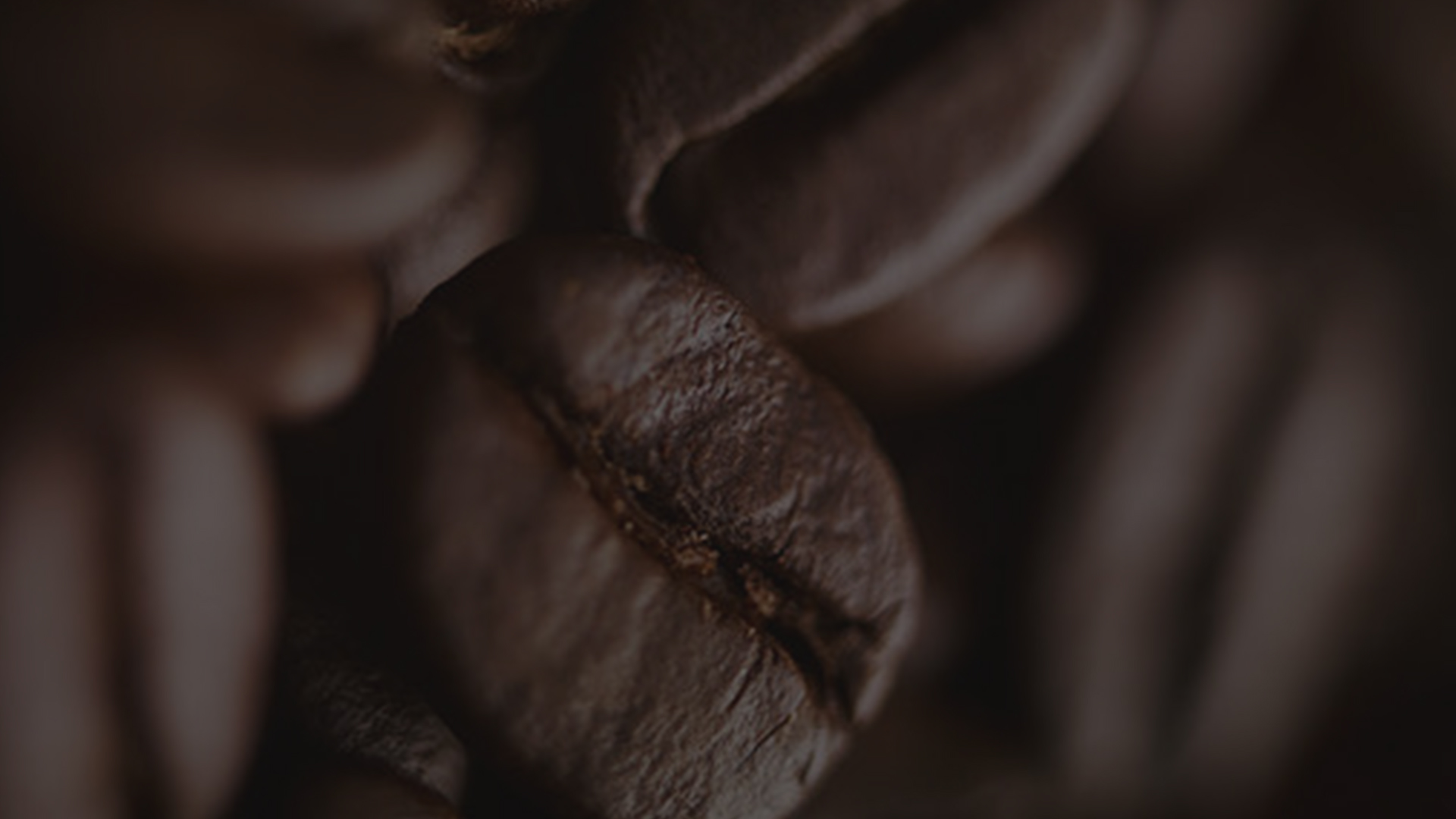The latest new research reveals that 89% of UK office workers credit high-quality coffee for making them more engaged at work.
If you rely on a strong cup of coffee on the morning to get you going in the office, you are not alone. Up to nine in ten (89%) workers credit high quality coffee for making them more engaged at work, new research has found. The study, conducted by Nespresso and ComRes in the UK and Ireland also found that 75% of office workers agree that good quality coffee in the office suggests their employer cares about their wellbeing.
Coffee has actually proved itself vital in helping employees feel valued. In fact, the research shows that 75% of workers across the UK and Ireland feel high quality coffee in the office shows their wellbeing matters to their employer, and almost three quarters (71%) of employees would recommend their office as a good place to work because of access to high quality coffee.
findings suggest “With 88% of employees in the UK and Ireland saying soft perks are crucial in retaining good staff”
Coffee also appears to be a vital social lubricant in an office environment, and office breaks can improve collaboration within and between teams, helping employees work smarter. Of those surveyed, 81% said that coffee breaks help them to build stronger relationships with their colleagues, and 72% with their managers. Surprisingly, despite the stimulant effect of caused by the caffeine in good coffee, over than four in five (84%) employees in companies with over 20 employees report that coffee breaks help to relieve stress, with this number highest among the financial and creative industries.
Anecdotally, it has always been clear that employees valued the complimentary coffee and tea often offered in the workplace; but the findings highlight how cheap instant coffee might not cut it in modern workplaces anymore. More than three quarters (77%) of employees across sectors think good quality coffee in the office is important for clients and visitors as well as staff, with over a third of employees (36%) in senior management positions assessing the quality of a company by its coffee.
Francisco Nogueira, Managing Director for Nespresso in the UK and Ireland said: “With 88% of employees in the UK and Ireland saying soft perks are crucial in retaining good staff, we know those little extras can make a significant impact on the way employees feel and act at work. The reason soft perks matter is simple: because our employees matter. It is the responsibility of employers to ensure these modest demands are met.”

